Overlanding is about more than just getting off the grid. It's about connecting with the land and appreciating the wild places we get to explore. But with that freedom comes responsibility.
As more people hit the trails, it's more important than ever to think about how our adventures impact the environment. April is Earth Month and in celebration of it, we're sharing five simple ways to make your overlanding trips more eco-friendly because protecting the outdoors starts with how we choose to travel through it.
1. Tread Lightly & Leave No Trace
One of the easiest ways to reduce your impact while overlanding is to stick to the core principles of Leave No Trace and Tread Lightly and practice trail stewardship. Be mindful of how your vehicle, camp setup, and recovery tools affect the environment. Staying on designated trails to protect fragile ecosystems and setting up camp on durable surfaces like rock, gravel, or sand.

Here are a few tips to keep in mind:
- Stay on designated trails and drive over obstacles, not around to help prevent trail widening.
- Avoid sensitive terrains like alpine meadows, wetlands, desert soils, and nesting areas that take a long time to recover.
- When winching, use a wide tree strap to protect bark and avoid damaging healthy trees.
- Set up camp at established sites, at least 200 feet away from water sources and trails.
- Use a stove instead of a fire whenever possible. It's safer, cleaner, and leaves less of an impact.
- Pack out what you pack in. Everything from trash and food scraps to forgotten tent stakes. And if you see someone else's litter out there? Grab it. The outdoors belongs to all of us, and every little bit helps!
Being intentional in how and where you travel helps preserve the wild places we all love to explore.
2. Opt for Reusable & Low-Waste Gear
Swapping out single-use items for reusable alternatives is one of the most impactful changes you can make. Think stainless steel utensils instead of plastic cutlery, stainless steel bowls, cups instead of paper, and refillable water bottles rather than cases of bottled water.
Bonus points for using storage containers like our stainless steel meat trays or 3-pack food containers to cut down on packaging waste. Not only will your camp kitchen look and feel more dialed-in, but you'll also have way less trash to pack out.

3. Eco-Friendly Vehicle Upgrades
Overlanding gear can get heavy fast. Choosing lightweight and efficient setups can go a long way in reducing your fuel consumption. Rooftop tents, especially ones like our ultralight Aspen Lite (weighing in at only 100 lbs), offer a streamlined alternative to towing a trailer or camper. When closed, our tents' low-profile design also improves aerodynamics, helping reduce wind resistance and keep your vehicle more fuel-efficient.
Other upgrades, like all-terrain tires designed for fuel efficiency or crossbars that let you carry gear without compromising aerodynamics, also make a difference. Every pound (and every inch of drag) counts, and trimming your load means fewer emissions on the road.
4. Explore with Electric (or Hybrid) Overland Rigs
Electric vehicles are changing the overlanding game. While charging stations in remote areas still have a lot of catching up, more EVs with off-road capabilities and extended range are entering the market. From Rivian's R1T to hybrid Tacomas, there are more and more options becoming available for building a low-emissions rig.
Pair an EV with solar charging gear, LED lighting, and low-impact camping habits, and you're well on your way to a camp setup that's easier on the planet.

5. Reduce Campfire Impact
Campfires are a classic part of any camping experience, but they can take a toll on the environment if not handled responsibly. Opt for a portable propane fire pit whenever possible. They're safer and often allowed during fire bans when traditional fires are not.

If you choose to build a traditional campfire, follow these guidelines:
- Observe all local fire restrictions and never build a fire when conditions are unsafe.
- Use existing fire rings or a fire pan.
- Gather only dead and downed wood; don't break branches from standing trees.
- Make sure there are no low-hanging branches or flammable materials above or around your fire.
Even a small campfire can leave behind long-lasting damage: scarred soil, charred rocks, and piles of ash or trash that take years to disappear, especially in desert environments. And the stakes get higher with wildfire risk. Wildfire season is now nearly year-round in the drought-prone West, and restrictions are becoming more common and longer-lasting.
Being fire conscious protects the environment and helps preserve access to the places we love. If you're looking for a low-impact way to enjoy a campfire, consider brands like LavaBox, Ignik, or Howl Campfires that offer compact, portable propane fire pits ideal for overland setups and often compliant with fire bans.
Every trip, big or small, is a chance to reduce your footprint and tread more lightly on the land. Even the smallest eco-friendly habits can go a long way. As overlanders, we can explore and experience remote places and help protect the places we love to explore. This Earth Month, let's commit to traveling lighter, treading more carefully, and leaving nature better than we found it.

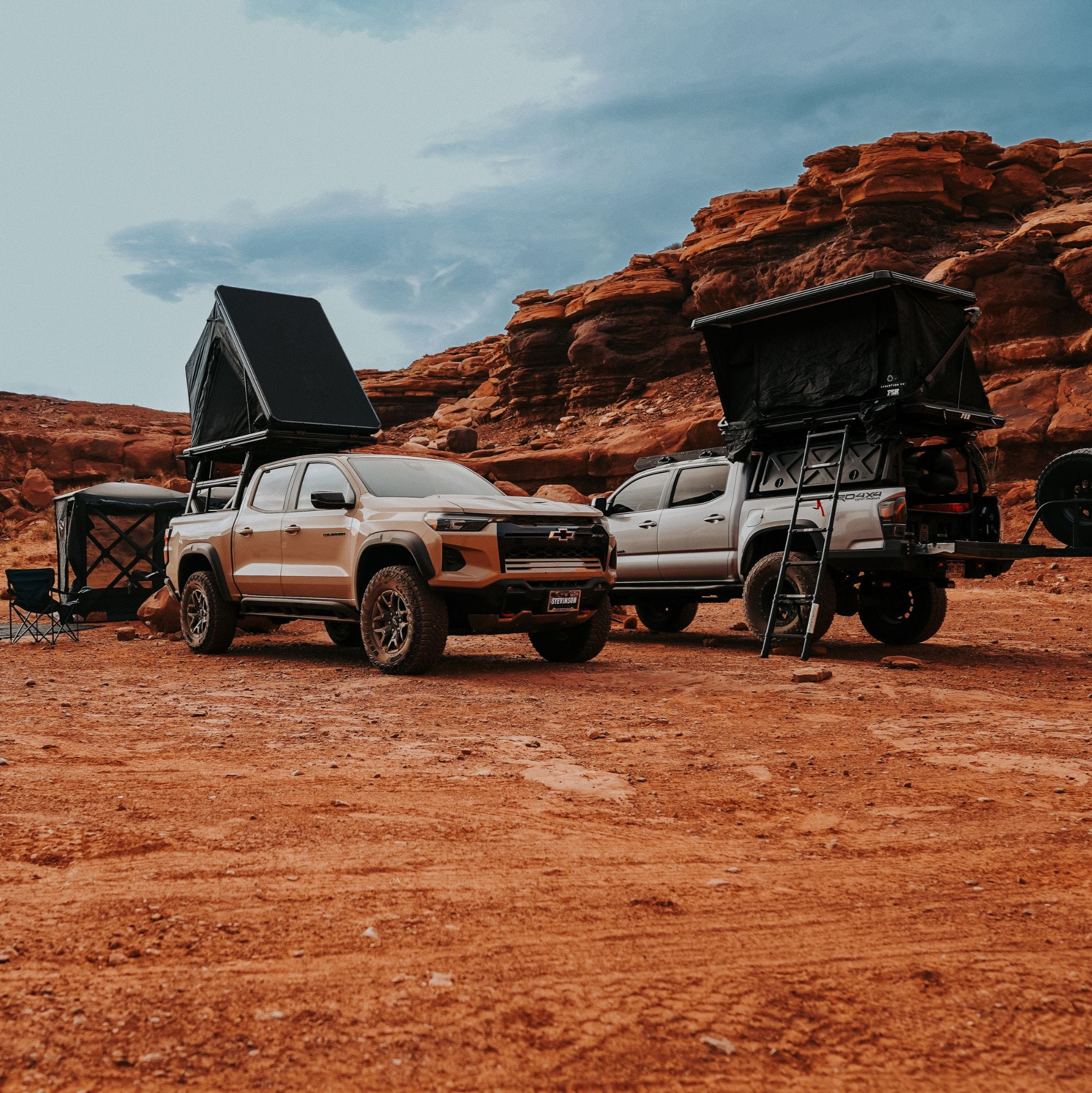
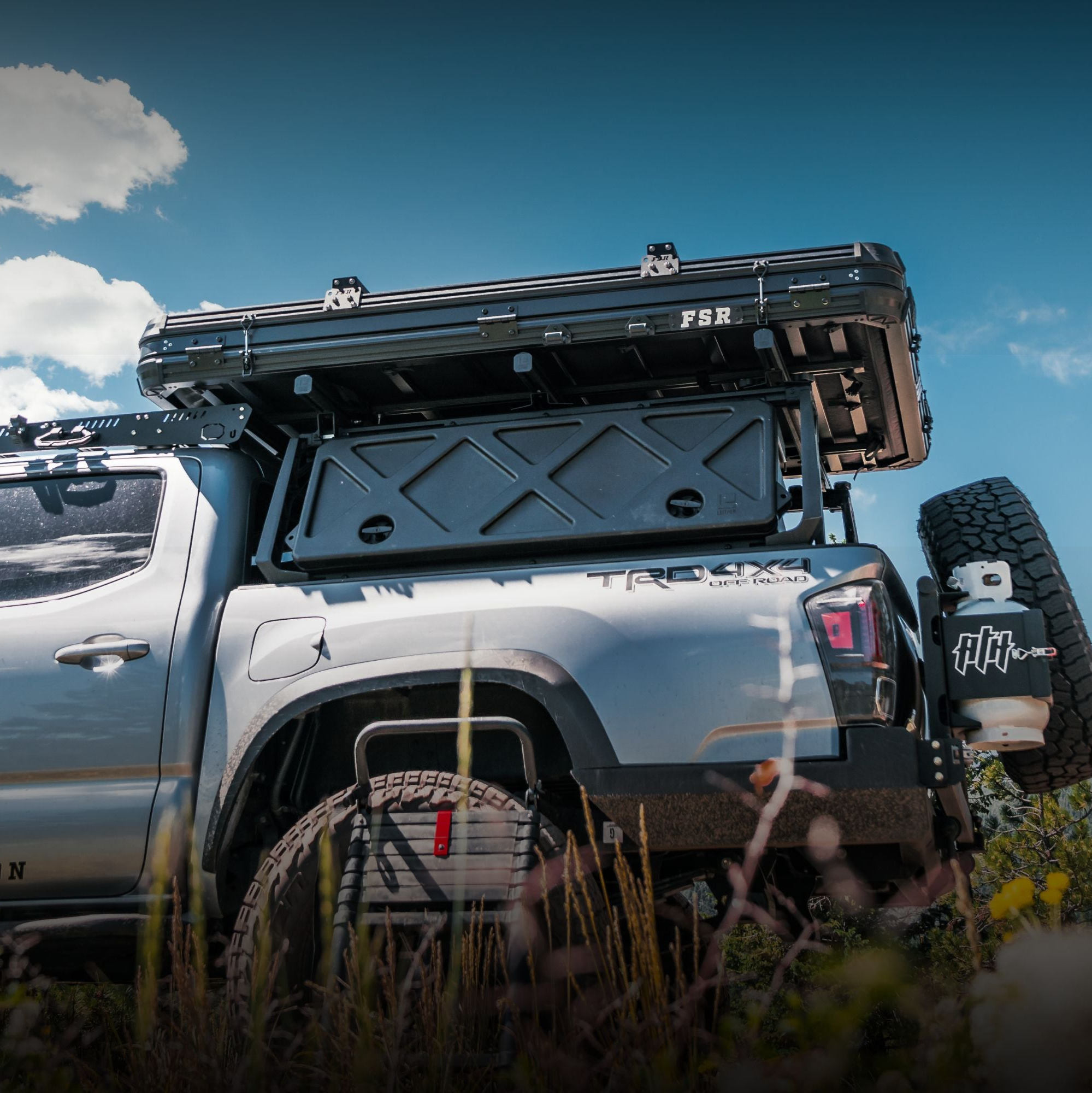
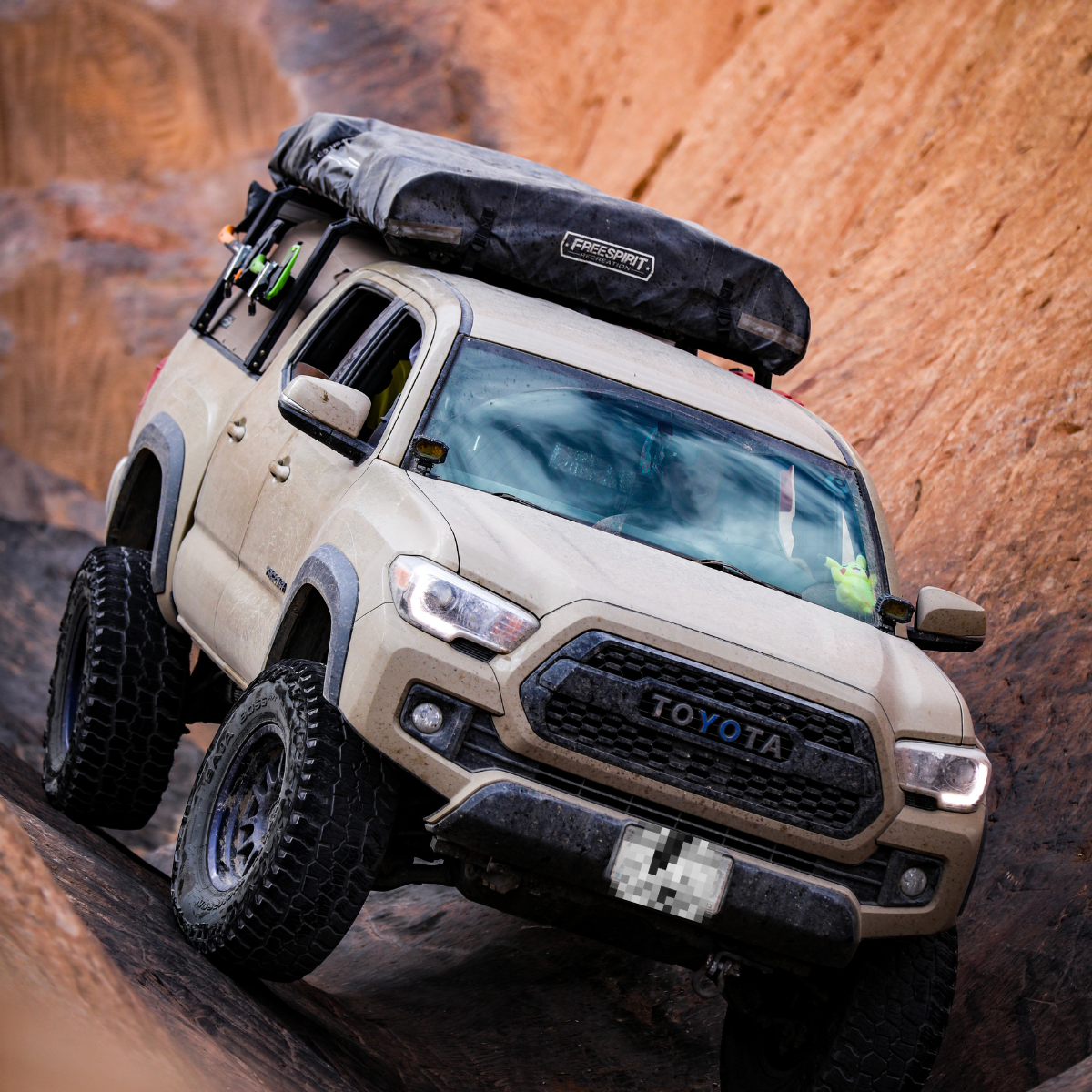
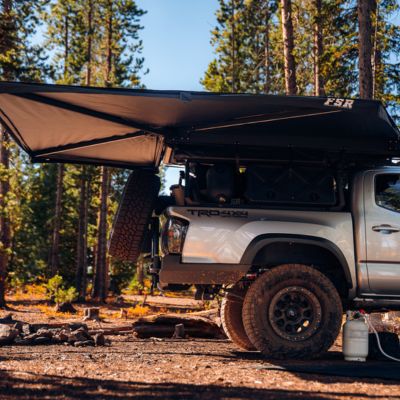
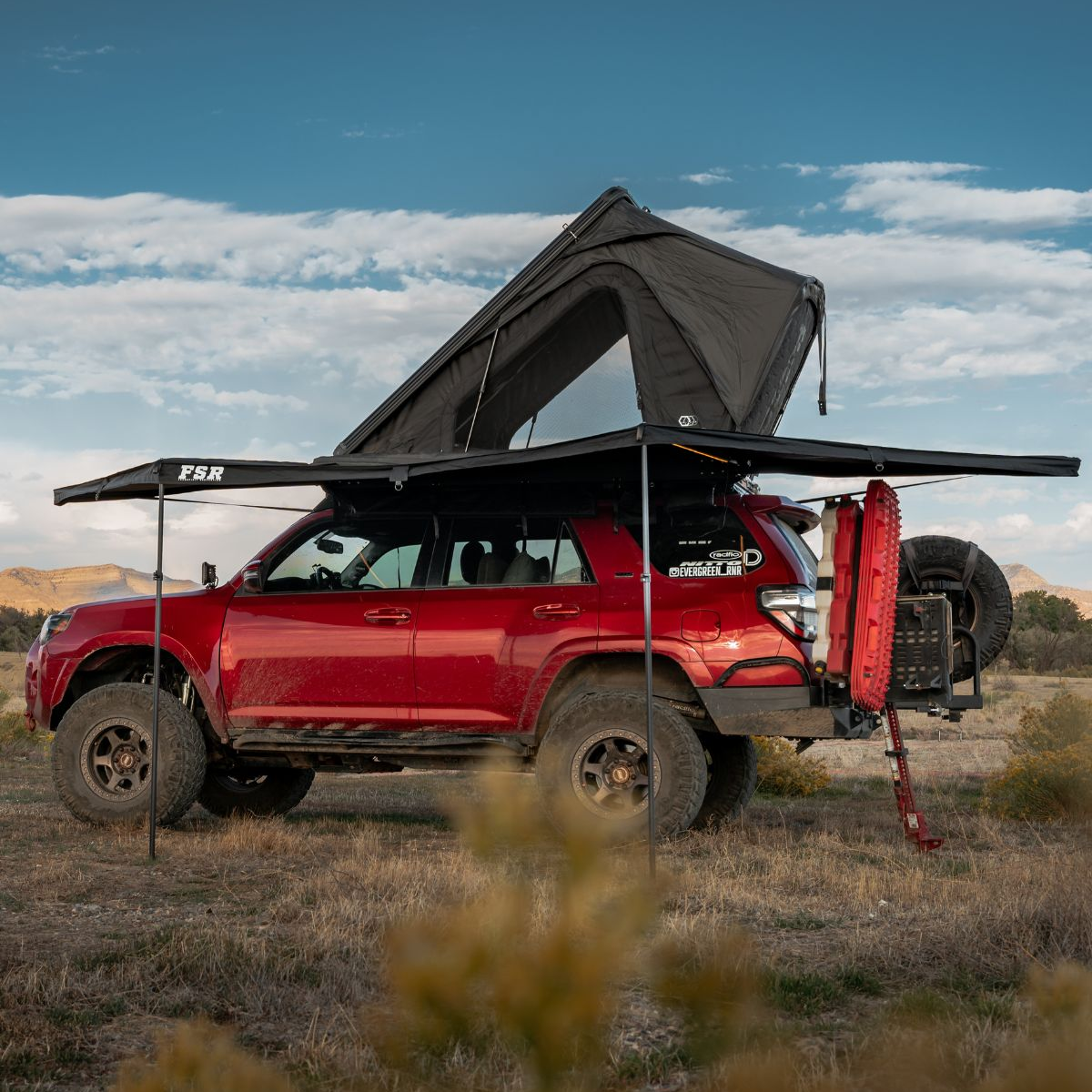
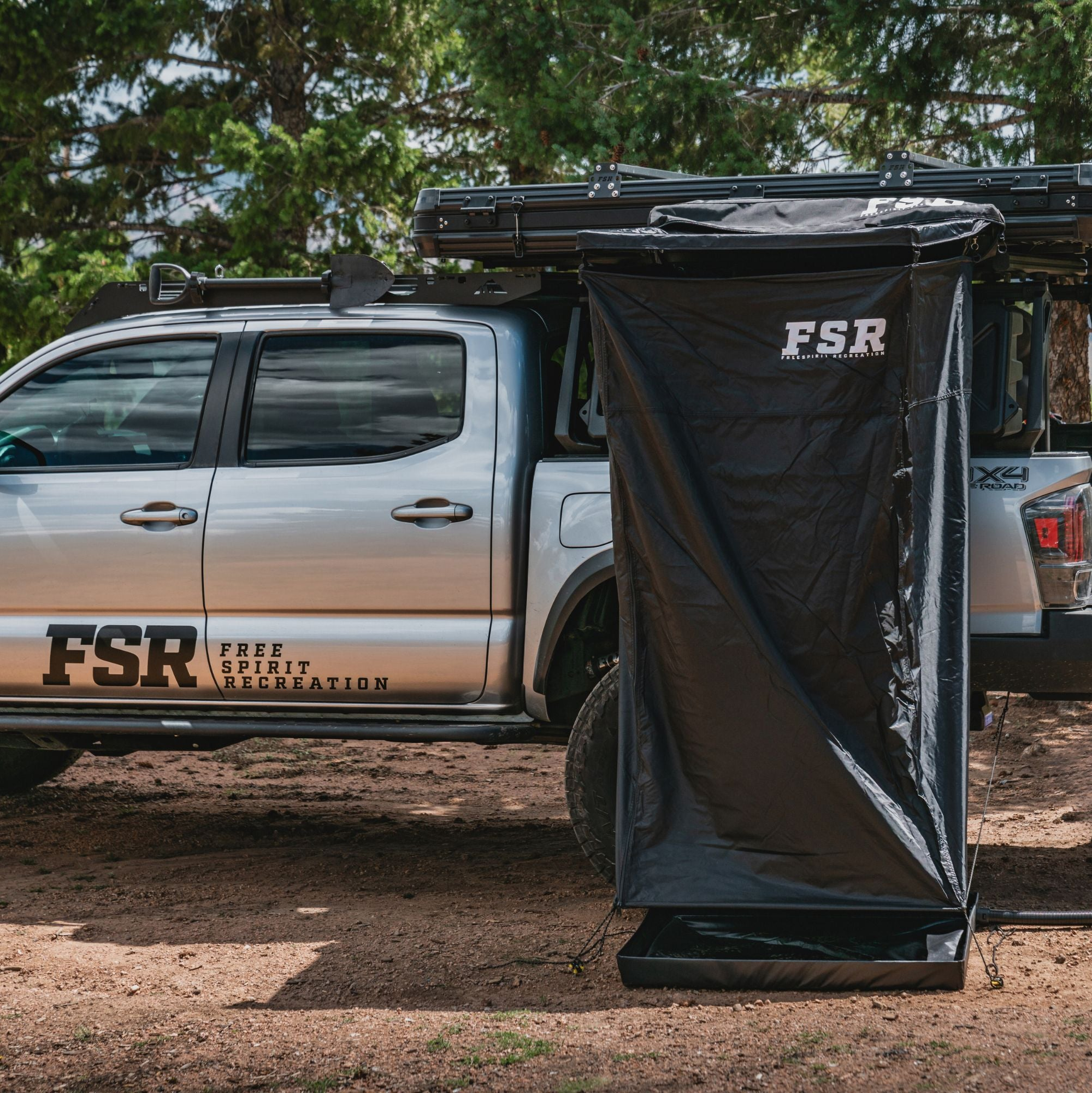
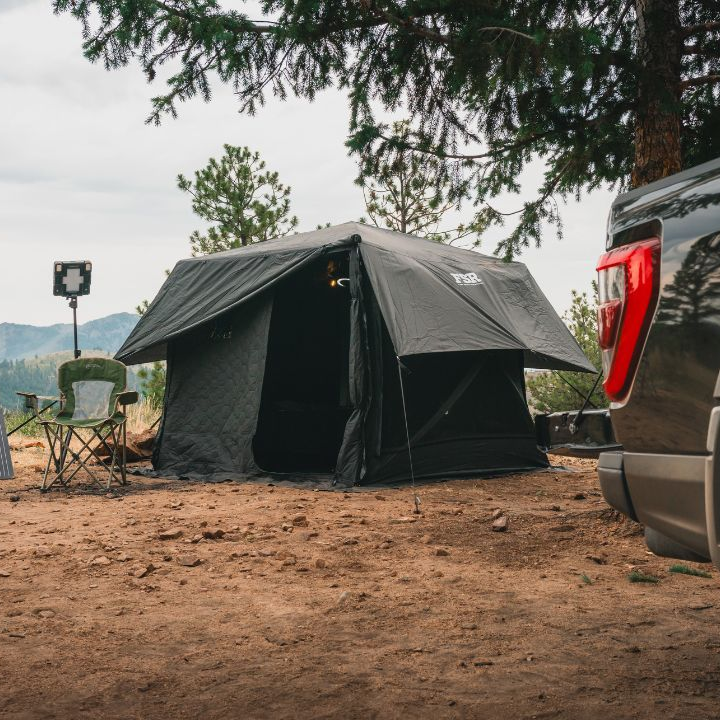
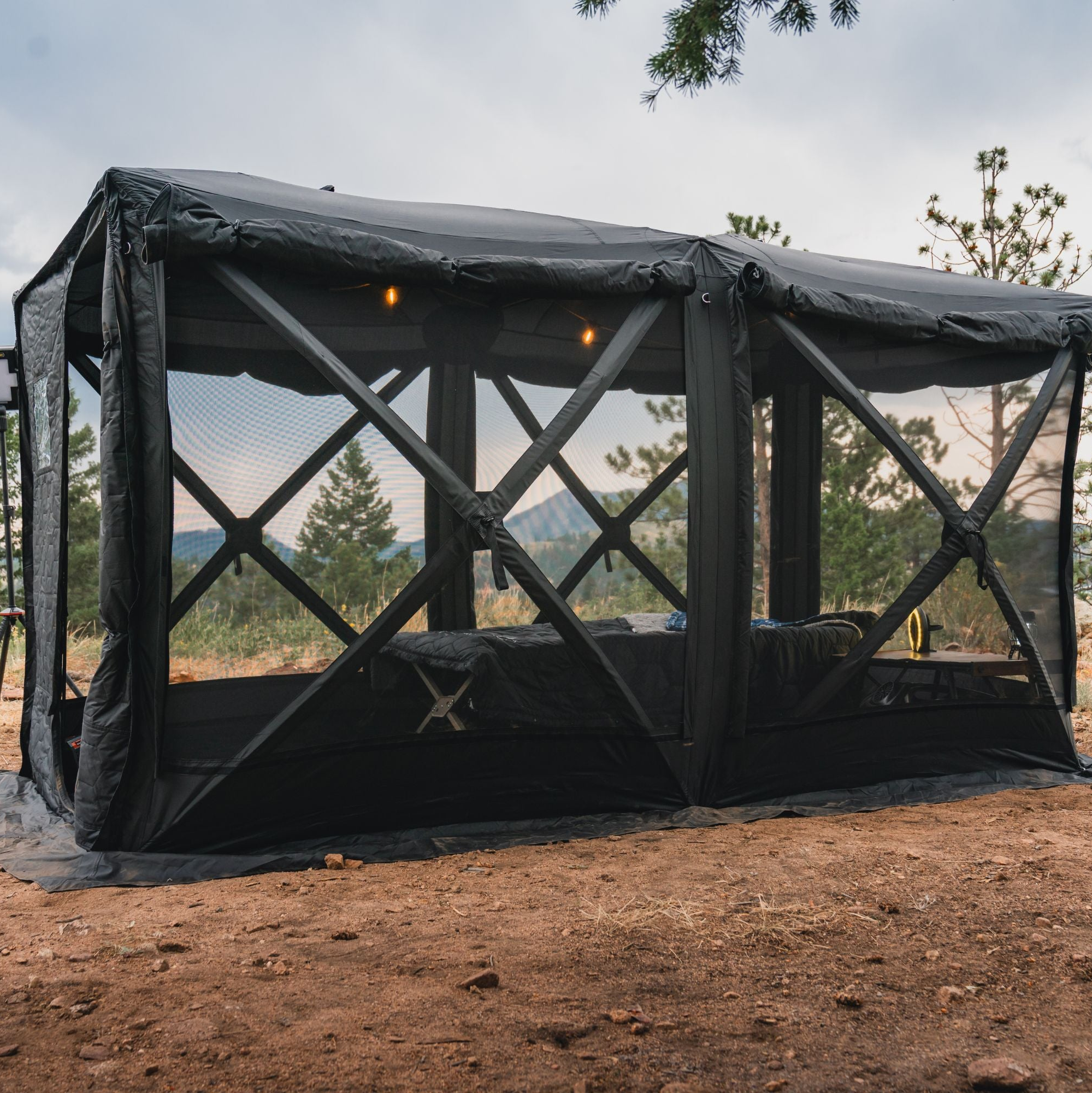
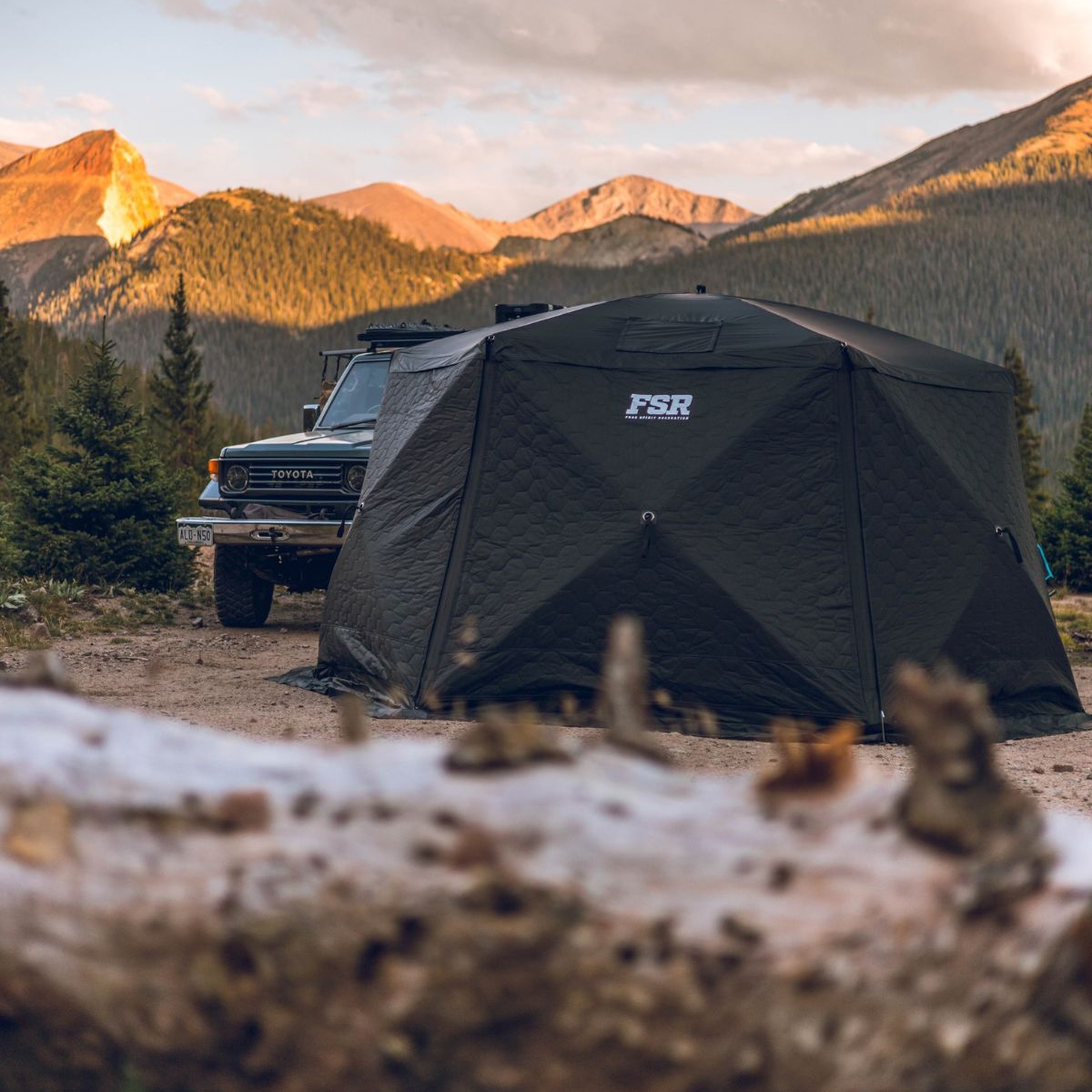
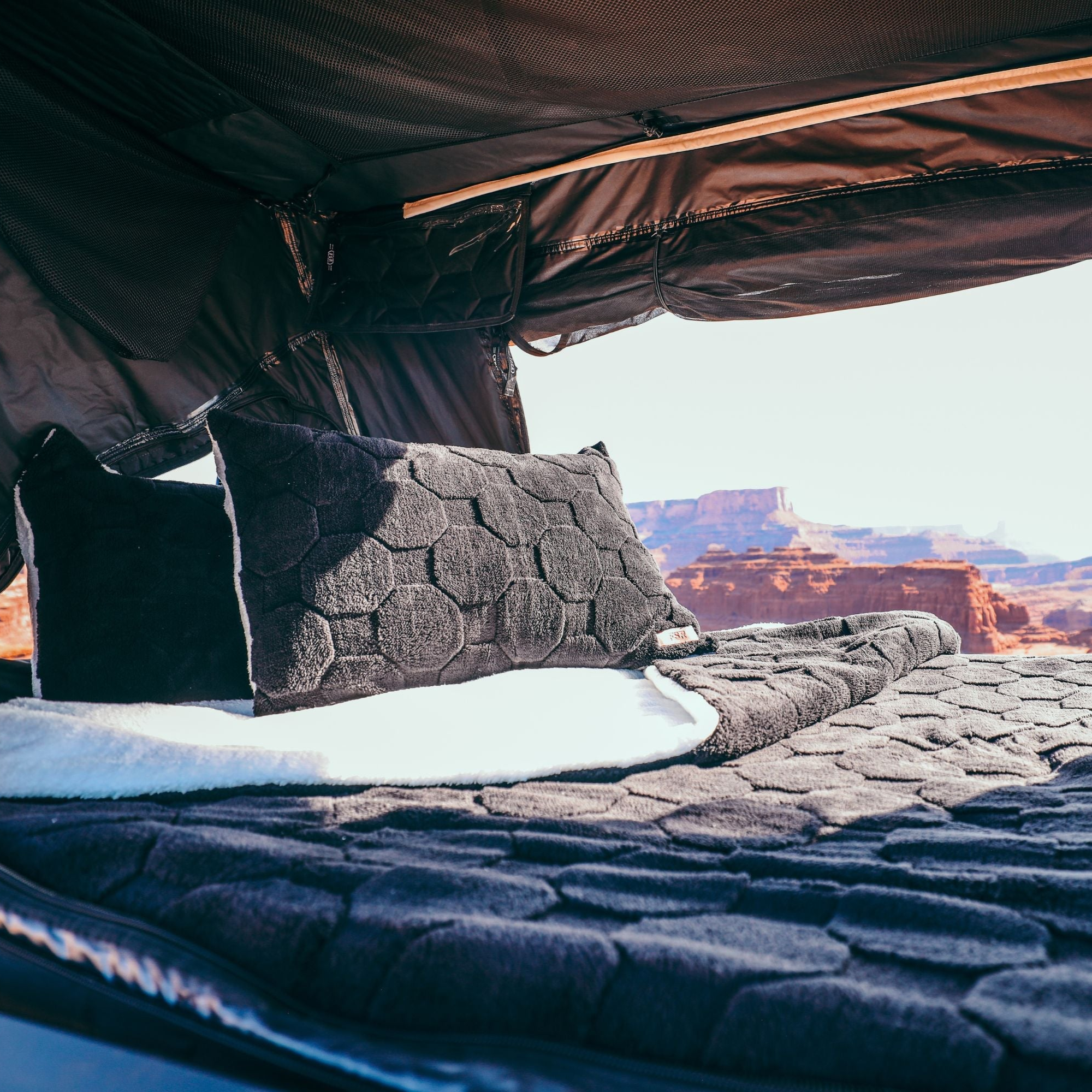
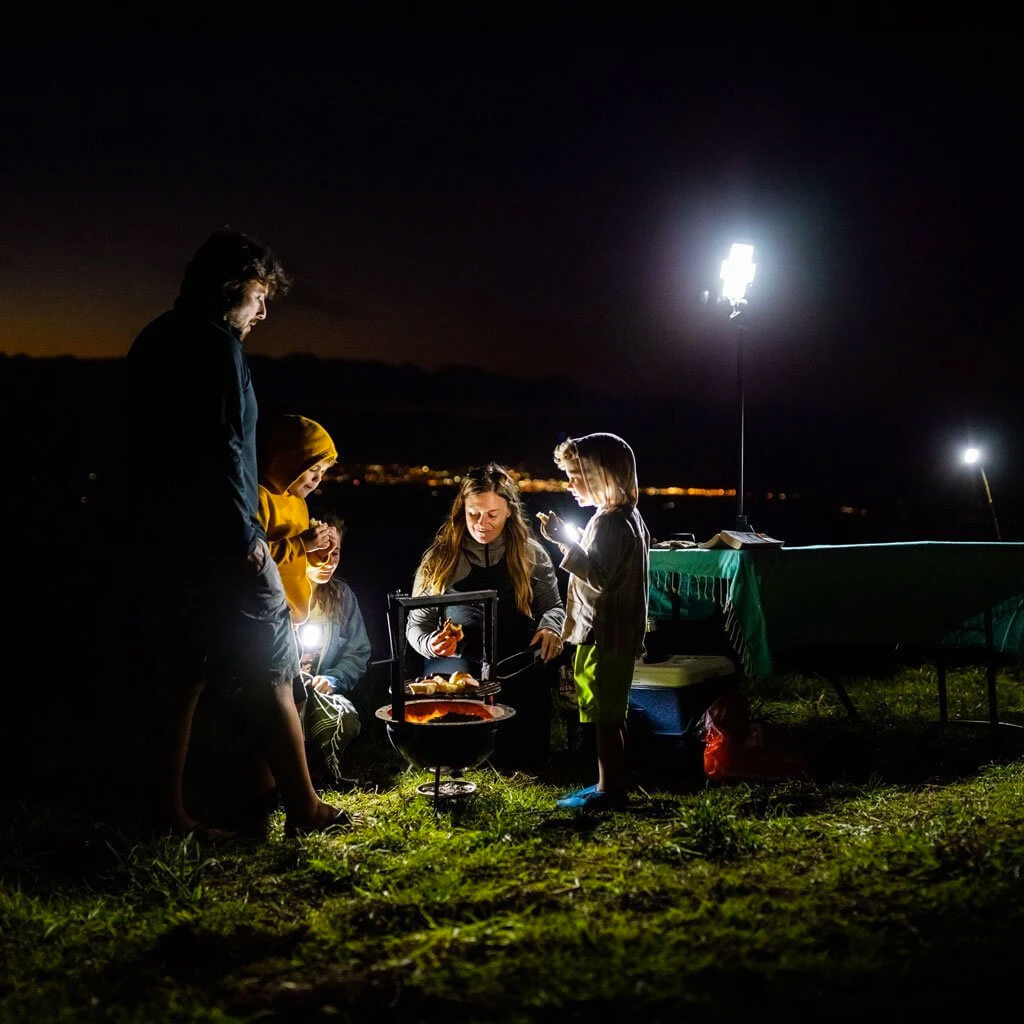
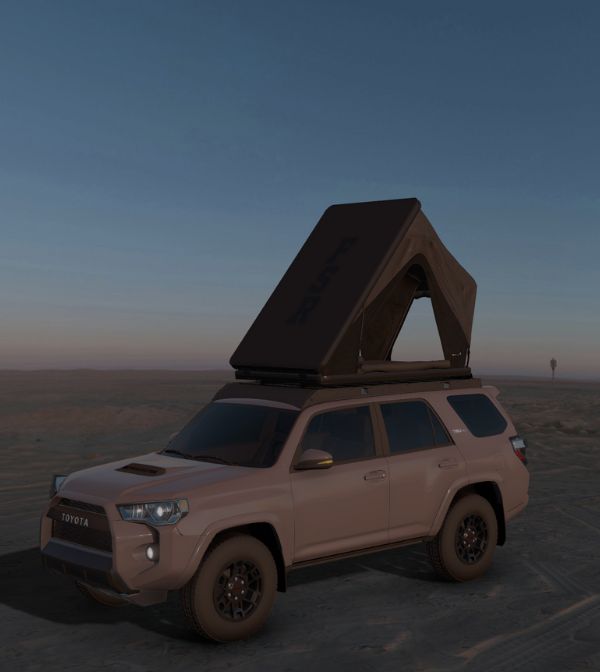
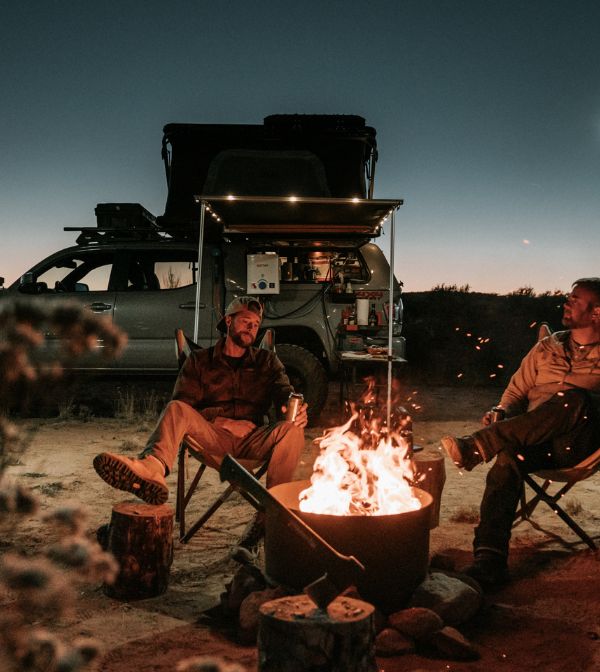
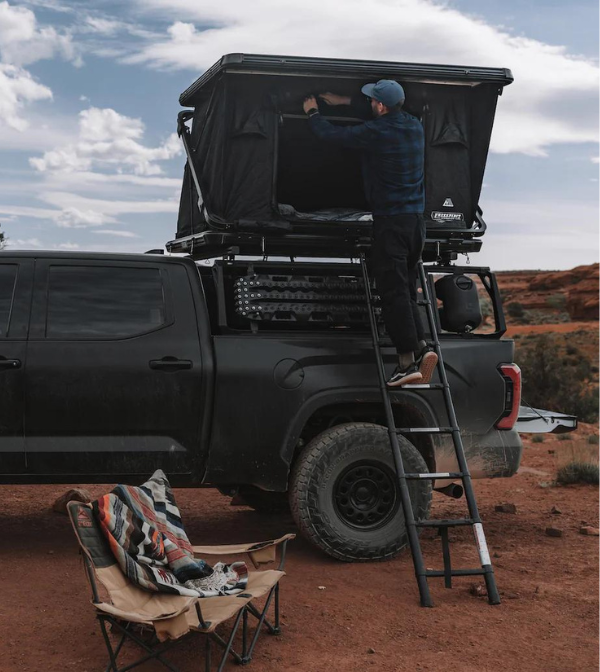
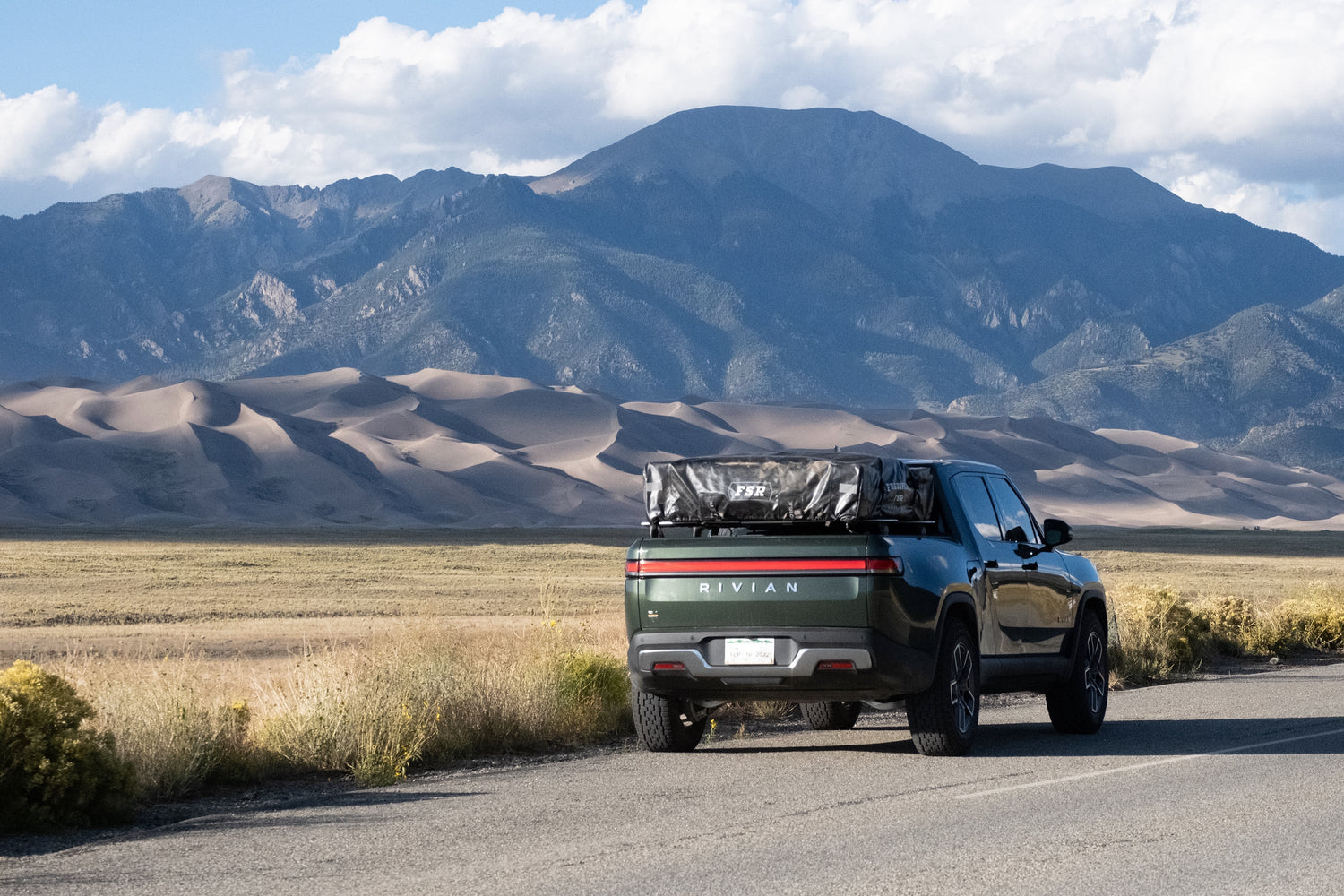
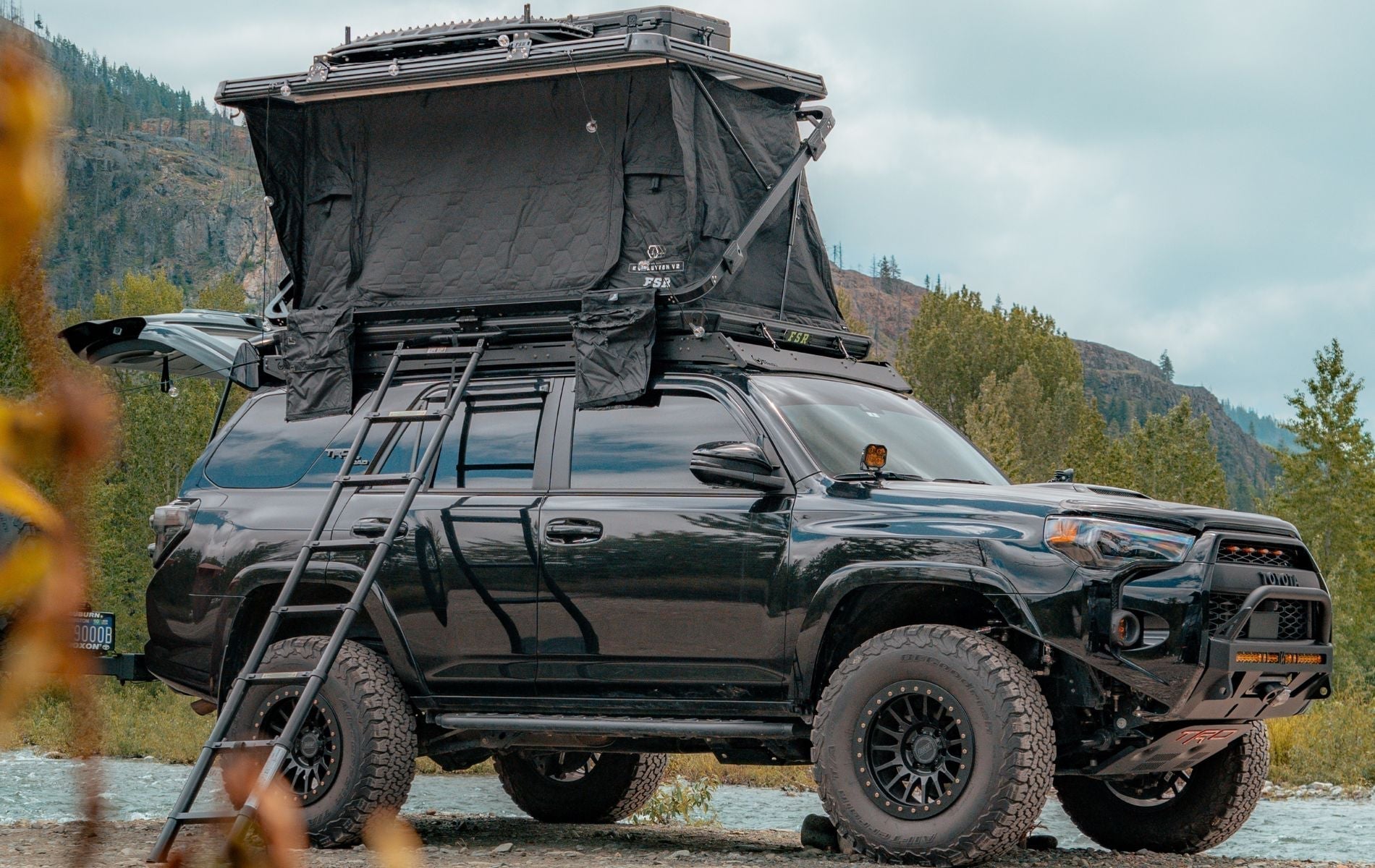
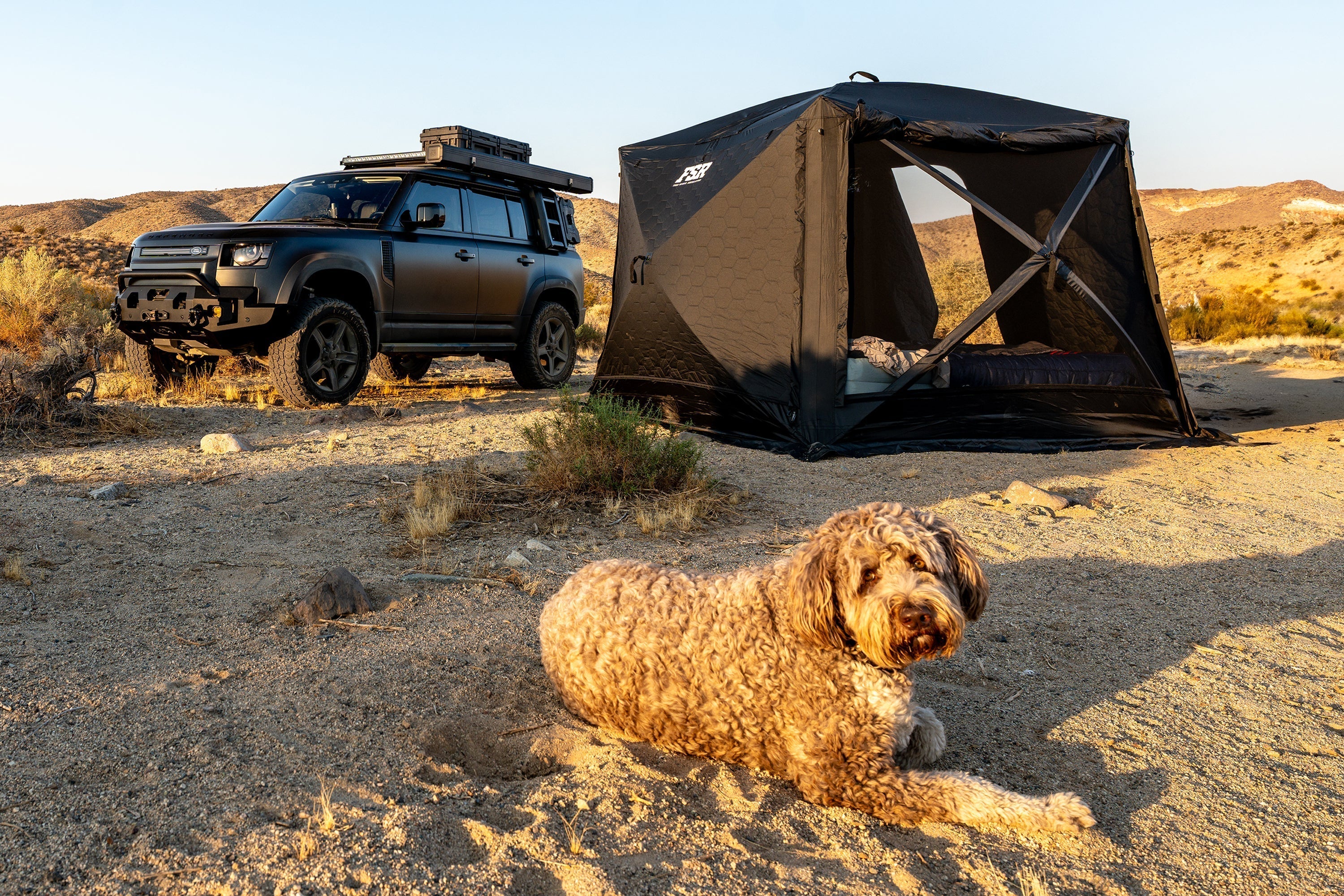
Leave a comment
All comments are moderated before being published.
This site is protected by hCaptcha and the hCaptcha Privacy Policy and Terms of Service apply.